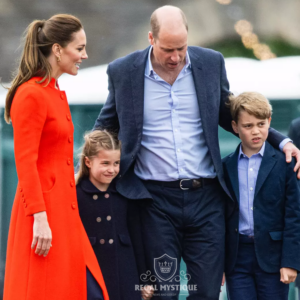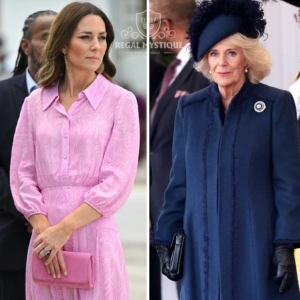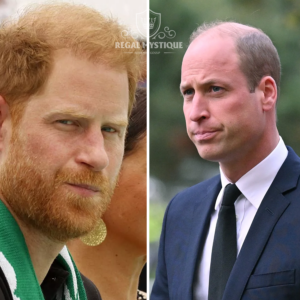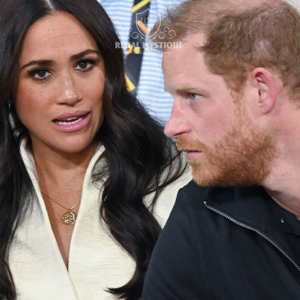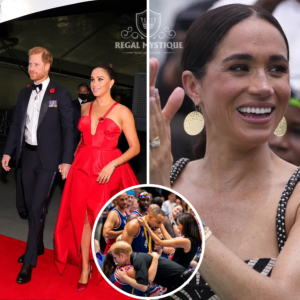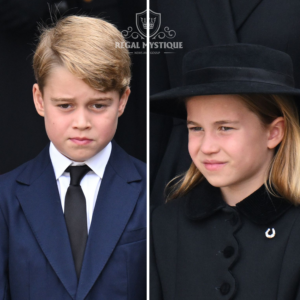The announcement of Caitlin Clark as the first overall pick in the 2024 WNBA Draft by the Indiana Fever sent shockwaves through the basketball community. However, it was the subsequent revelation of her rookie contract details that truly captured attention, even drawing the interest of NFL star Russell Wilson, who recently joined the Pittsburgh Steelers as their starting quarterback.
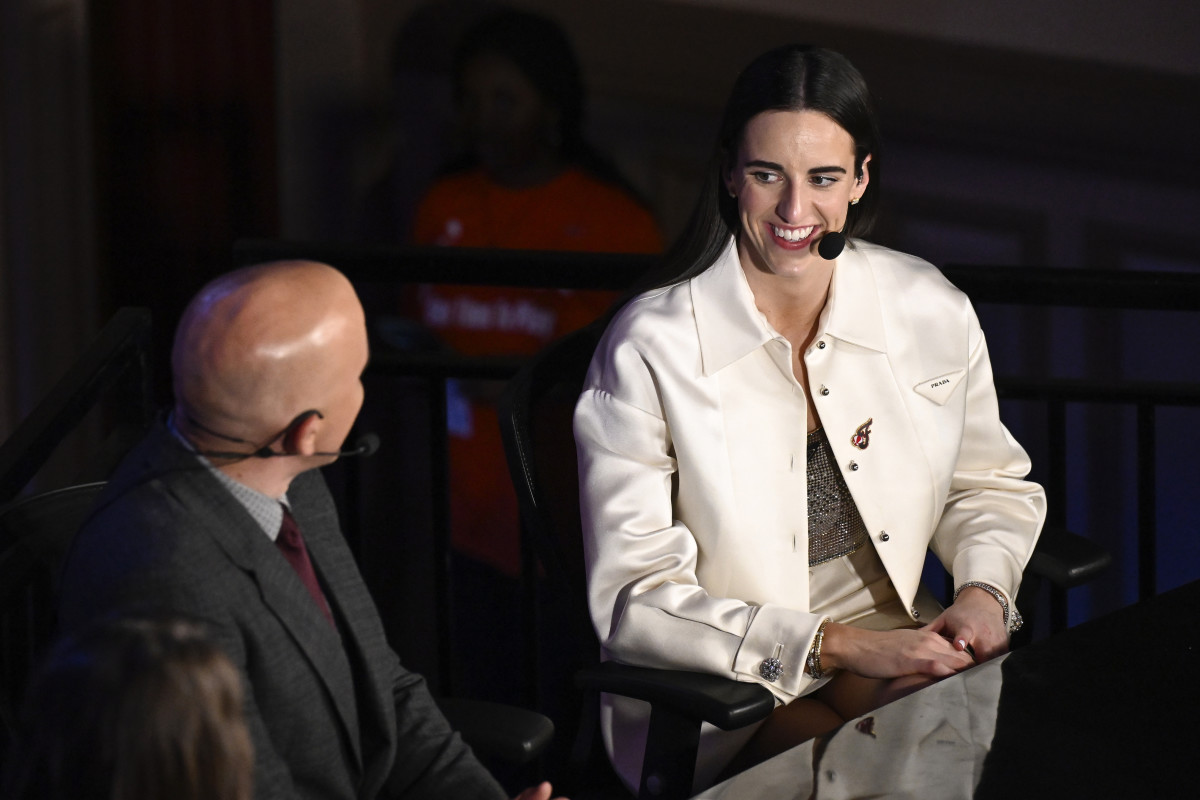
Wilson took to social media to share his thoughts on Caitlin Clark’s four-year rookie deal, valued at $338,056. Retweeting a post from Barstool Sports outlining the year-by-year breakdown of the contract, Wilson expressed his belief that WNBA players deserve more compensation, stating, “These ladies deserve so much more… Praying for the day.”
While Wilson’s advocacy for better treatment of WNBA players is commendable, it’s important to understand the context behind contract values. Comparing Caitlin Clark’s deal to last year’s NBA first-overall pick, Victor Wembanyama, sheds light on the discrepancy. Wembanyama signed a deal worth $55,174,766 with the San Antonio Spurs, approximately 163 times more than Clark’s. However, this difference is largely due to the vast disparity in revenue between the NBA and the WNBA, with the NBA generating revenue about 130-135 times higher than its female counterpart.
Despite this, there are promising developments for WNBA players. The league’s new media and television deal, set to commence in 2025, is expected to be significantly more lucrative than previous agreements. This could lead to a notable salary increase for players across the board, particularly for rising stars like Caitlin Clark and Angel Reese, the 7th overall pick.
Meanwhile, Russell Wilson’s own contract situation with the Pittsburgh Steelers has sparked discussions about player compensation. After joining the team on a one-year, $1.2 million deal following his release from the Denver Broncos, Wilson may appear to have taken a significant pay cut. However, considering the Broncos’ obligation to pay him around $38 million in guaranteed salary, his annual income remains substantial, hovering around $40 million.
Ultimately, while the discrepancy in earnings between WNBA players like Caitlin Clark and NFL stars like Russell Wilson may seem stark, it underscores the broader issue of gender disparities in professional sports. As advocates continue to push for greater equity and recognition for female athletes, the hope is that future generations will see a more balanced distribution of resources and opportunities across all levels of competition.
News
Kate Middleton’s ‘heartbreak’ over William’s decision about their family’s future……
William, 41, and his brother Prince Harry, 39, previously attended Eton College, which broke the tradition of the older generation, including his dad the King, of attending a boarding school in Edinburgh Kate Middleton is “heartbroken” after an “argument” with Prince William over…
Shocking Claim: Queen Camilla & Kate Middleton Rumors Confirmed – Did She Really Do This?
Queen Camilla has become a very popular royal family member. When she and Prince Charles began dating and later married, the public was still outraged with her as she had been Charles’s mistress during his marriage to Princess Diana. However,…
Prince William Views Prince Harry as ‘Background Noise’ Amid Rift Over Explosive Memoir
Prince William is said to consider his brother Prince Harry as “background noise” after the younger brother released an explosive memoir. Prince William is reportedly “keeping his family away” from his brother due to a long-running rift between the pair. (Image:…
Prince Harry and Meghan Markle ‘insensitive’ for business ventures amid family turmoil, says royal expert
File image of Britain’s Prince Harry and Meghan, Duchess of Sussex attending the Royal Salute Polo Challenge charity match in Wellington, Florida on April 12(Reuters / Marco Bello) Prince Harry and Meghan Markle are facing backlash for their recent business…
Meghan Markle accused of treating California life like ‘prom event’ by ‘setting up’ shows to attend with Prince Harry
A royal expert has accused Meghan Markle of treating her life in Montecito, California like a “prom event,” and Prince Harry like “the prom king.” A royal expert has accused Meghan Markle of treating her life in Montecito, California like a “prom…
Princess Charlotte’s Boss Moment With Prince George Caught on Camera
Princess Charlotte telling Prince George “you need to bow” went viral on TikTok as she was praised for being “such a boss.” The young royal, nine, was seen giving her older brother, who turns 11 this month, some pointed advice on the day of Queen…
End of content
No more pages to load
